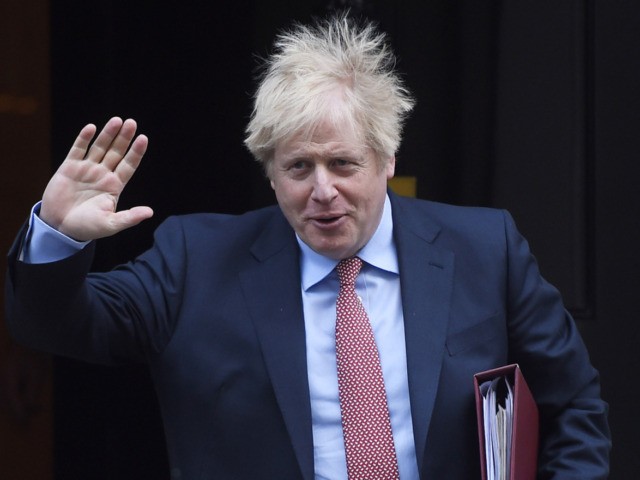The BBC has reportedly been angered by the Prime Minister cutting out their role in deciding what constitutes news, after Boris Johnson announced he would be addressing the public directly on Brexit day through the medium of social, rather than the mainstream media.
Boris Johnson has already taken some plays out of the President Trump playbook during his time as Prime Minister, reaching out directly to the voting public through viral social media posts as a substitute for briefings with journalists. One such example of this is his weekly People’s Prime Minister’s Questions, a video Livestream where followers can Tweet questions directly to Mr Johnson.
Discussing his plans for Brexit night on Wednesday’s session of the livestream, Mr Johnson revealed he would be addressing the nation via his social media pages on Friday evening. It was later revealed this would take the form of a “fireside chat” with the nation, recorded in the Prime Minister’s official residence, Downing Street.
But the BBC, the British state broadcaster which has long enjoyed a monopoly over such televised events on days of national importance, has reacted with obvious contempt to the change.
While the footage will be placed on social media platforms like Twitter and Facebook, it will also be shared with broadcasters for free at the same time. Despite this, a BBC source reported by the Daily Telegraph replied haughtily to the suggestion that it wouldn’t even guarantee it would broadcast the words of the Prime Minister on Brexit day at all, and that: “There is a long-established process for recording statements by the Prime Minister at significant times where one broadcaster records it and shares the footage.
“The BBC and the other broadcasters are well used to following this usual process, which respects our independence as broadcasters.
“If Number 10 wants to supply its own footage we will judge it on its news value when deciding whether to broadcast it, as we would with any footage supplied to us by third parties.”
The nominally conservative Daily Telegraph reports the shift in focus on media platforms away from the traditional oligopoly of broadcasters is being pushed by top aide to Mr Johnson, Dominic Cummings. It is understood he wants to break the conventional route for messaging between government and voters, cutting out the mainstream media gatekeepers who have traditionally been able to frame messages according to their own biases.

COMMENTS
Please let us know if you're having issues with commenting.